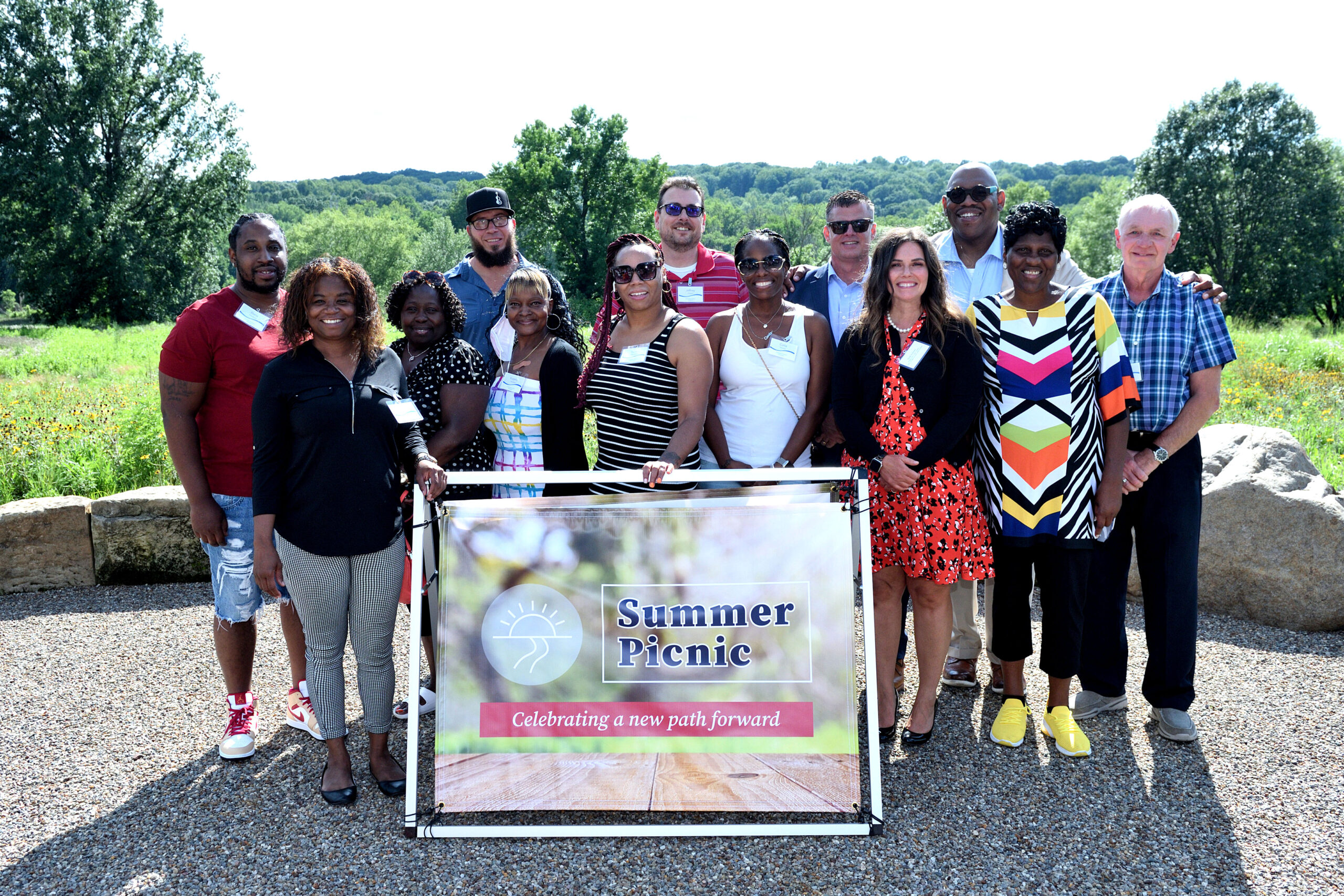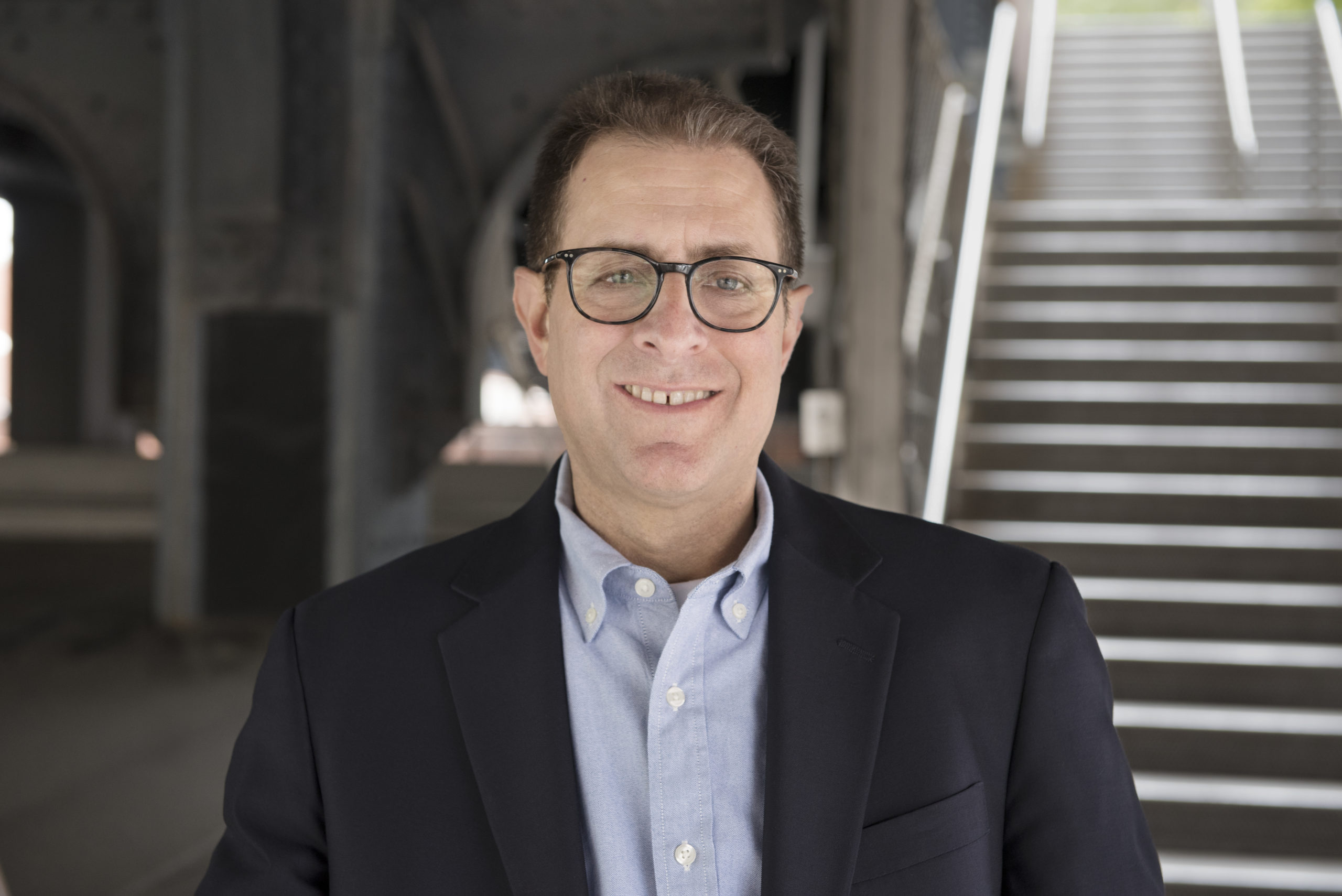Gregory Price’s interests are as diverse as his academic work. As an economist at Morehouse University, Price has studied subjects ranging from slavery, to China’s impact on Sub-Saharan Africa, to the relationship between obesity and crime. As a scholar and a thinker, Price is as comfortable discussing Nietzsche as he is Dostoevsky—and he considers himself “an heir of the Enlightenment” because of his commitment to using reason as “the predominant path to progress.”
How did you become interested in criminal justice reform?
As an economist, I am interested in the causes/consequences of labor market choices/outcomes. Convicts made choices that presumably had a high degree of risk. If one thinks of, say, robbing a liquor store, the perpetrator is taking a risk with respect to the loss of personal liberty and life. In this sense, most crime is a risky gamble—much like the decision to start a business. This is the theoretical motivation for the recent research funded by the Charles Koch Foundation conducted by myself, a colleague, and two students here at Morehouse College.
What is the most fascinating project you’ve worked on with a student?
A student and I are exploring the fundamental sources of violent crime. We are taking seriously the ancient Greek notion of “Thymos,” which is something fundamental to humans—namely, the desire for recognition by others. The philosophers George Hegl and Alexander Kojeve posited that Thymos drives violent conflict throughout history, suggesting that a source of violence is the unequal “absence of recognition” among men. We plan to test this hypothesis in professional sports, particularly the extent to which more-recognized professional athletes (such as those elected to all-star teams), are less likely to engage in violence during games (from violent fouls to ejections). If Thymos is an important determinant of violent crime, it could have policy implications. For example, could it be that violent crime, and crime in general, disproportionately affects historically marginalized groups because they are disproportionately not recognized by others?
What was your childhood like?
I had a wonderful upbringing in New Haven, Connecticut. The city constitutes a “Megalopolis,” which is a chain of dense cities stretching roughly every 40 miles or so from Washington D.C. through Boston. New Haven has only 120,000 people, but it is 14 square miles. It had a big city feel and culture. As I reflect upon it—and I hope I am not being seduced by romantic nostalgia—my New Haven upbringing favorably conditioned me in many ways. Its cosmopolitanism engendered a high degree of literacy and curiosity about matters intellectual. For example, I can recall members of the Black Panther Party—New Haven was a hotbed for the Black Panthers—indulging in Karl Marx’s publications relating to grand theories of history. I became intrigued by such ruminations, and I began to read more seriously on economics and political economy, and developed an intellectual taste for it.
Did you have plans after attending college?
I had a desire to engage further study in economics, which was my undergraduate major. However, I wasn’t sure what graduate program would tolerate, maybe even embrace, my broad intellectual interests, that were inherently multidisciplinary. After a few years, I settled upon the University of Wisconsin-Milwaukee, which provided a perfect fit.
How did you decide to become a professor?
At a young age, I realized I had a desire for maximum permissible autonomy. I wouldn’t consider myself a radical anarchist, unable to cooperate with or comply with legitimate authority. However, individual autonomy always seems desirable to me, and in my estimation, a valuable input into a well-functioning and robust democracy. Among all the possible professions, I concluded that being a university professor provided the maximum permissible individual autonomy.
What surprises you most about people?
I am surprised by the limits people are willing to impose upon reason. Of course, reason has limits, and reason cannot necessarily provide meaning in some ultimate existential sense. But I am still surprised when otherwise reasonable people discount or dismiss a reasonable finding because it undermines or threatens some tradition or practice they are attached to.
What did you learn from your first job?
My first job, at 11 years old, was working at a produce stand for five hours on the weekends in New Haven’s legendary Flea Market. Little did I know, I was learning how markets worked. I would see buyer and sellers haggling over price, and because the produce was perishable, the prices would invariable be lower at the end of the day on Sunday than at the start of the day on Saturday. My first job exposed me to well-functioning markets.
What book has most influenced you?
If I have to pick one, it would be The Birth of Tragedy from the Spirit of Music, by Friedrich Nietzsche (1872). I find Neitzsche’s treatment of the dichotomy between reason, and other modes of how individuals create understanding, still useful for seeing how history unfolds, and why reason is not always victorious.
What are you reading now?
I am rereading, because on my first pass I was too distracted, Nicholas Johnson’s Negroes And The Gun: The Black Tradition of Arms.
What’s on your bucket list?
Learn enough Russian to be able to read untranslated, most if not all of the novels by Fyodor Dostoevsky.











